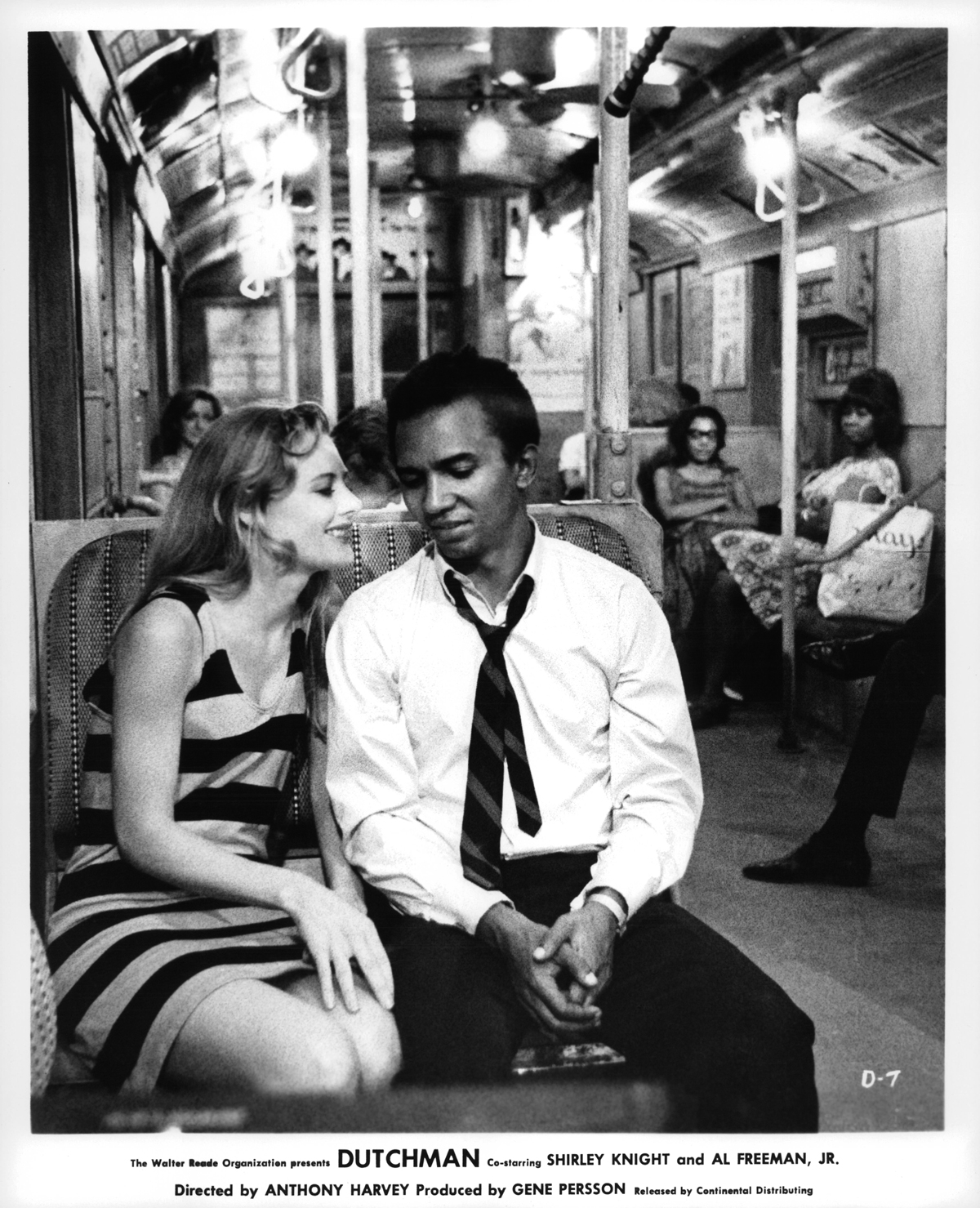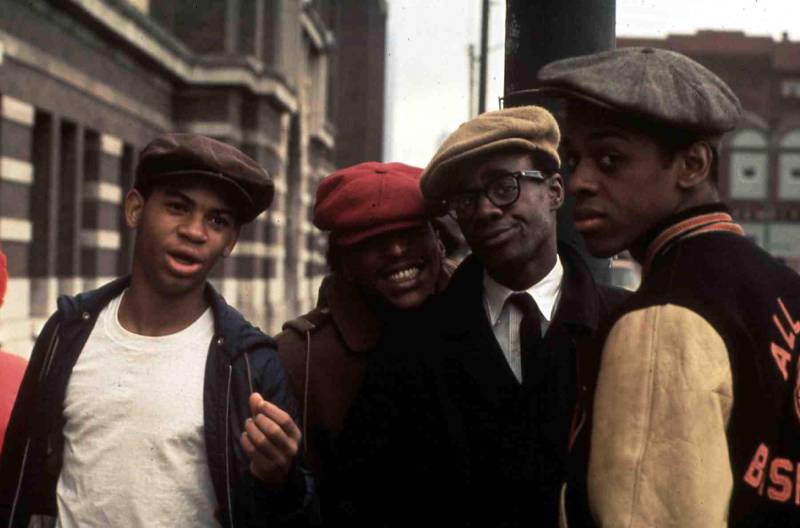Dr. Artel Great’s first exposure to the Museum of the African Diaspora came from a film. The scholar and filmmaker, who now teaches at San Francisco State in the school of cinema, spotted the institution in Barry Jenkins’ 2008 film Medicine for Melancholy — it’s one of the many stops a Black couple makes in their slow, conversation-filled journey across San Francisco after a one-night stand.
“[Jenkins] shoots an entire sequence in MoAD,” Great recalls. “I remember encountering this film many, many years ago and being blown away not only by these Black characters who reminded me of people that I knew, but then they spent their time, you know, going to museums. And I’m like, ‘Wow, this is the first time that I can recall seeing people who I know or felt like I knew on the screen.’”
Now, in a sort of cosmic fulfillment of that moment, Great is MoAD’s first cultural critic-in-residence. He knows that film can be a gateway to making all sorts of connections — personal connections, yes, but also to bigger ideas about history, politics, sports, fashion and economics.
To launch his residency at MoAD, Great has organized four weeks of virtual lectures titled “SOUL CINEMA: 1970s Black Film and Culture,” beginning Jan. 18, 7–8:30 p.m. One goal, Great says, is to expose audiences to some of the underappreciated films of the decade, which tends to be known as an era of Hollywood Blaxploitation movies and little else.

Each lecture will use a film as a starting point for a larger conversation, beginning with the 1967 drama Dutchman (an adaptation of Amiri Baraka’s play) and the Black Arts Movement. The series continues with lectures on Cooley High (1975), Free Angela and All Political Prisoners (a documentary from 2012) and Claudine (1974). Great’s lectures will include clips, but he encourages participants to seek out the films and watch them ahead of time.


